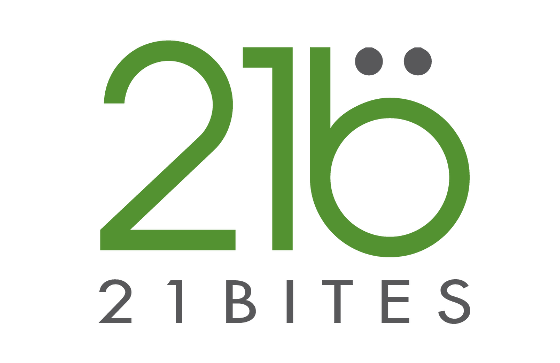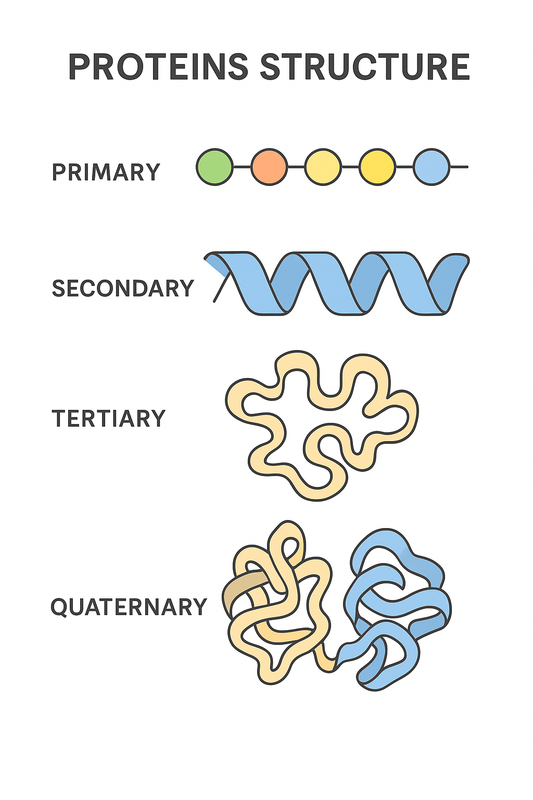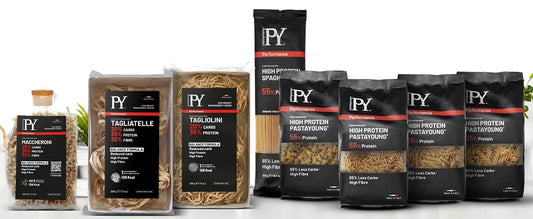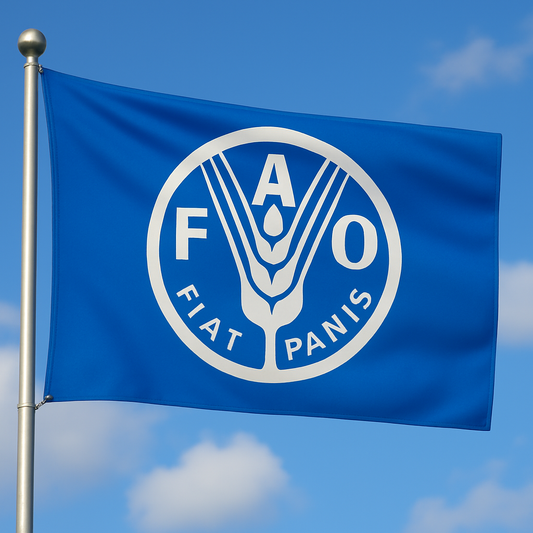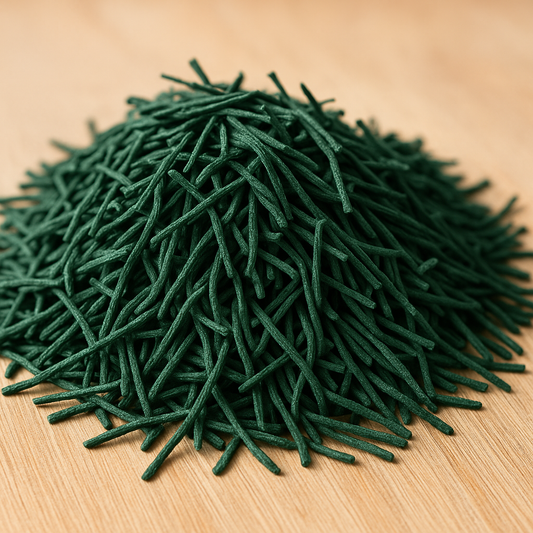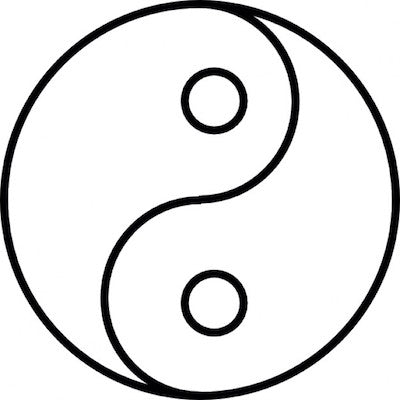
Macrobiotic diet and edible insects
Share
Ever since Oriental culture has become part of our european lives, we have been so fascinated by its mysterious aura and strange habits that it has become almost normal for us to find every day a little time to spend in activities as yoga, meditation, traditional chinese medicine or acupuncture.
Cooking has also been influenced in this way with the introduction in our daily nutrition of new products such as fermented foods, soy, miso, algae (wakame, konbu or kanten), tofu or shiitake mushrooms that become famous like a panacea against everything bad. A real diet that we have imported, and which is now riding the wave, is the macrobiotic diet.
But what is this new lifestyle of which everyone is talking about? Yes, this is precisely the right formula, lifestyle: with macrobiotic diet we do not mean only a way to eat but also a way to behave.

The creator of this lifestyle is the philosopher George Ohsawa and the foundations on which it is based is the balance between Yin and Yang, principles present everywhere in nature and that represent the duality in every element of the universe. According to this philosophy, only when Yin and Yang are in balance (male and female, acid and alkaline, positive and negative, cold and warm, darkness and light, etc.) there is the absence of illness and we could feel spiritual and physical serenity.
The main foods allowed in the diet are: cereals (especially whole grain rice), legumes (especially soy), fish (which is allowed but only occasionally), cooked vegetables and fruit.
Forbidden are meat, milk and dairy products.
A question arises spontaneously: why we do not also copy the Asians in their ancient habit of eating insects? They have eaten them for thousands of years (and the same happened in populations in Africa and South America!) and they know how to take advantage of the precious nutritional contents: remember that insects are rich in protein and micronutrients such as vitamin B12 (very important to vegetarians and vegans because they are only otherwise contained in animal-derived foods), B7, B2 or B9, the famous omega 3 and omega 6, but also phosphorus, iron or potassium (just to name a few!).
Discover the incredible products with edible insects on our shop!
